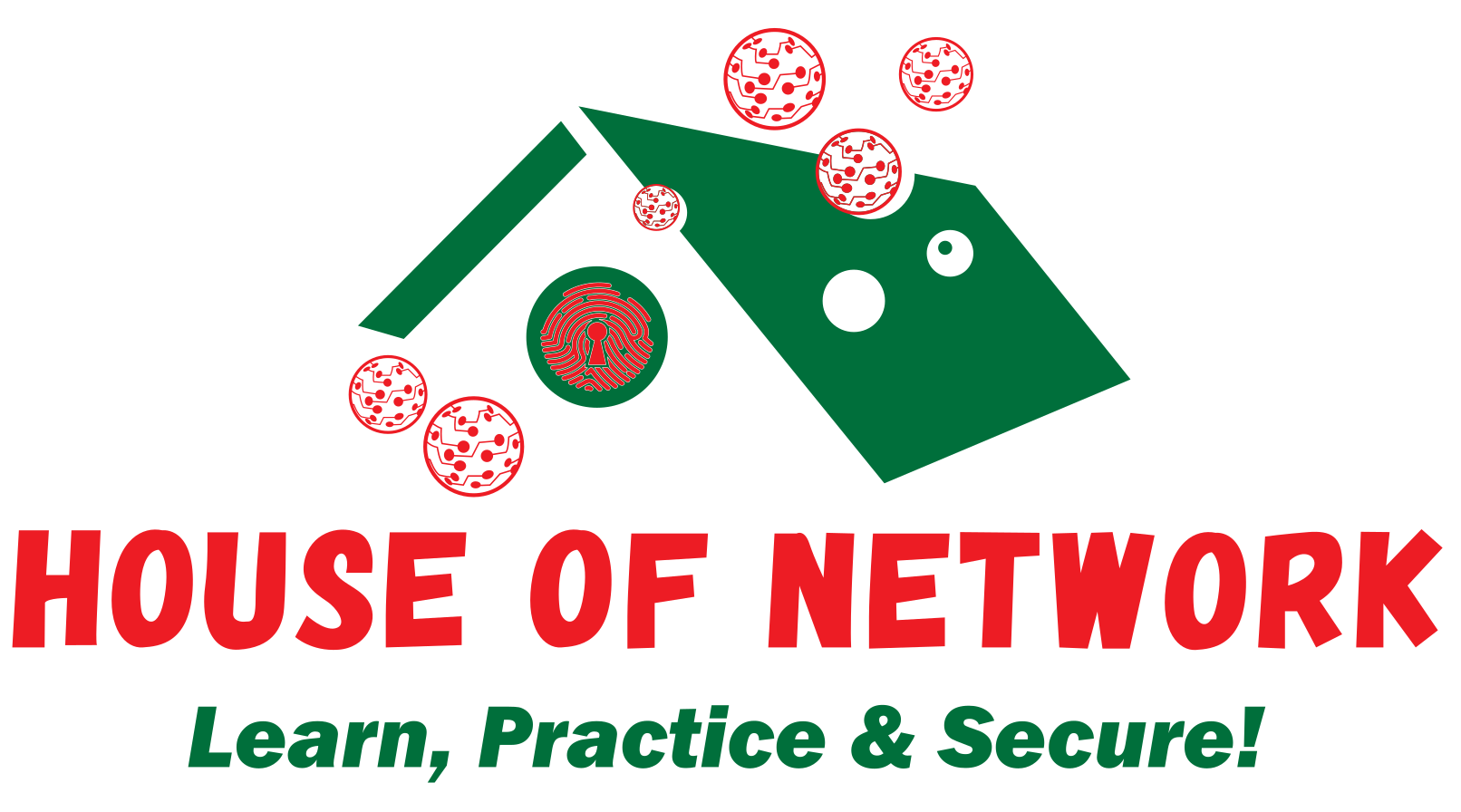CompTIA A+

CompTIA A+ is a foundational certification in the IT industry that validates the essential skills and knowledge required for entry-level IT professionals. Developed and maintained by CompTIA, the Computing Technology Industry Association, the A+ certification is vendor-neutral, meaning it covers a broad range of hardware and software technologies without focusing on any specific vendor or platform.
The CompTIA A+ certification is designed to validate proficiency in areas such as:
- Hardware: Knowledge of PC components, peripherals, and troubleshooting hardware issues such as CPU, memory, storage, and motherboards.
- Software: Understanding of operating systems, software installation, configuration, and troubleshooting common issues related to operating systems like Windows, macOS, Linux, and mobile operating systems.
- Networking: Basic networking concepts, including TCP/IP, network protocols, network devices, and troubleshooting network connectivity issues.
- Mobile Devices: Knowledge of mobile device hardware, operating systems, configurations, and troubleshooting common mobile device issues.
- Security: Understanding of security concepts, including threats, vulnerabilities, and implementing security best practices to protect devices, data, and networks.
- Troubleshooting: Ability to identify and troubleshoot hardware, software, and network issues using appropriate tools and techniques.
- Importance of CompTIA A+ Certification:
- Entry into IT Field: The CompTIA A+ certification is often the starting point for individuals looking to begin a career in IT. It provides a solid foundation of knowledge and skills that are essential for entry-level IT roles.
- Industry Recognition: The A+ certification is recognized and respected by employers across the IT industry. Holding the certification demonstrates to employers that you have the fundamental skills needed to succeed in IT roles.
- Career Advancement: While the A+ certification is entry-level, it can serve as a stepping stone to more advanced certifications and career opportunities in specialized areas such as networking, cybersecurity, or system administration.
- Job Opportunities: Many entry-level IT positions, such as help desk technician, desktop support specialist, and technical support specialist, require or prefer candidates with CompTIA A+ certification. Having the certification can increase your chances of landing these roles.
- Industry Standard: The A+ certification is vendor-neutral, meaning it is not tied to any specific technology vendor. This makes it applicable across a wide range of IT environments and industries, increasing its value and relevance in the job market.

Course Syllabus:
1.0 Mobile Devices 15%
2.0 Networking 20%
3.0 Hardware 25%
4.0 Virtualization and Cloud Computing 11%
5.0 Hardware and Network Troubleshooting 29%
